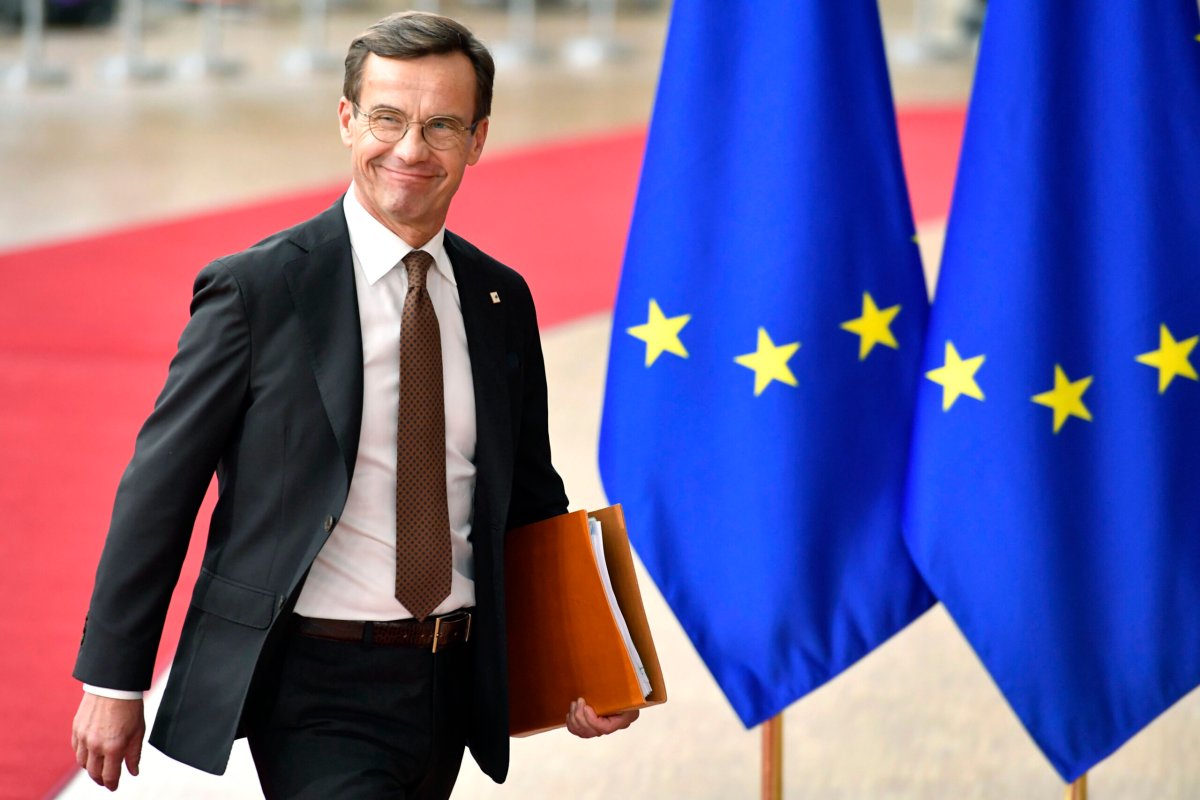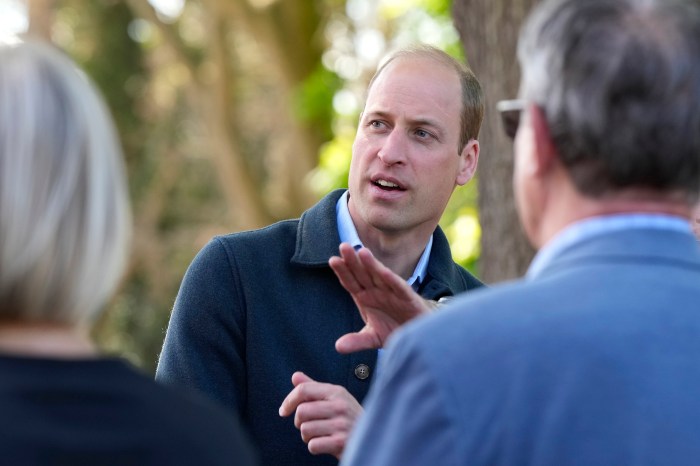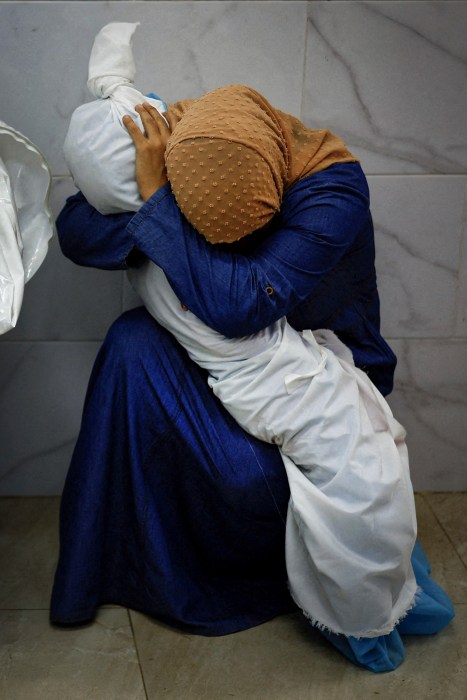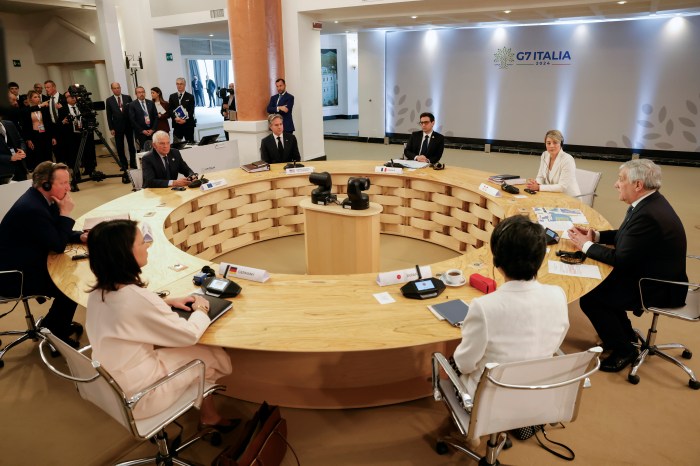STOCKHOLM (AP) — Sweden holds the powerful presidency of the European Union for the next six months, but there are concerns in the 27-nation bloc that the strong influence of the hard-line far right at home will hold them back.
Holding a presidency allows a member nation to help set the tone and the agenda of the EU, something which is crucial with the war in Ukraine still raging, migration issues continuing to put several nations on edge and even trade disputes creating a rift with Washington.
“It will be our responsibility to try to steer this ship,” said Lars Danielsson, the permanent representative of Sweden to the EU, ahead of the European Commission’s visit to Sweden this week.
The job could, however, be made difficult by the leverage of the far-right Sweden Democrats, Sweden’s second biggest party.
Following September’s elections in Sweden, three center-right parties agreed to form a coalition government led by Prime Minister Ulf Kristersson. But it relies on the support of the Sweden Democrats, which puts that party in a position to influence policies, even without Cabinet seats.
The Sweden Democrats were founded in the 1980s by people who had been active in right-wing extremist groups, including neo-Nazis. It has softened its tone but retains a hard line on immigration.
“Defending the rule of law all across Europe, promoting equality and advancing on a common migration and asylum policy seem difficult with a Swedish government swayed by the extreme right,” warned Iratxe García Perez, the leader of the Socialists and Democrats group in the European Parliament.
Mats Engström, an analyst at the European Council on Foreign Relations think tank, said it is hard to see the Swedish presidency “pushing for far-reaching effort-sharing between member states when it comes to the migration waves” that will be discussed by EU leaders during a summit next month.
Since the arrival in 2015 of well over 1 million migrants in the EU, Sweden’s traditionally welcoming attitudes toward migrants have deeply changed, with calls for stricter controls coming from the far-right but also parties in the center of the political spectrum. At EU level, nations have been arguing for years over who should host and take responsibility for migrants, and they have made very little progress in their latest discussions on the overhaul of the bloc’s asylum system.
Hopes for a breakthrough during Sweden’s presidency are close to zero.
“The government’s restrictive migration policy domestically is a red flag to say the least,” said Swedish lawmaker Abir Al-Sahlani ahead of the visit of the EU Commission to the Swedish town of Kiruna later this week.
Under EU rules, the member country holding the presidency of the Council is in charge of organizing and presiding over meetings to broker deals, and guaranteeing efficient cooperation between members with conflicting interests.
In line with the EU’s Green Deal, Sweden has also made the green transition a priority, with the aim to conclude negotiations on the so-called Fit for 55 package of climate and energy laws. It will also conduct tricky discussions on how to counter the United States’ Inflation Reduction Act that the EU sees as discriminating against European businesses.
“Sweden will work towards agreement on climate and environmental legislative proposals. But the traditional resistance against new EU funds, such as the sovereignty fund proposed by (European Commission president) Ursula von der Leyen in light of the U.S. Inflation Reduction Act, will be even stronger with the Sweden Democrats’ influence,” Engström told The Associated Press.
Despite Sweden’s strong record on issues related to the respect of democratic standards, some EU lawmakers are also worried the Sweden Democrats’ influence will lead to a softer stance toward Poland and Hungary, two member countries regularly at odds with the EU over judicial independence and democratic standards.
Danielsson said his country will “definitely continue to work with rule of law issue in the same vein as we’ve done.”
Sweden is holding the Council presidency for the third time since joining the bloc in 1995.

















